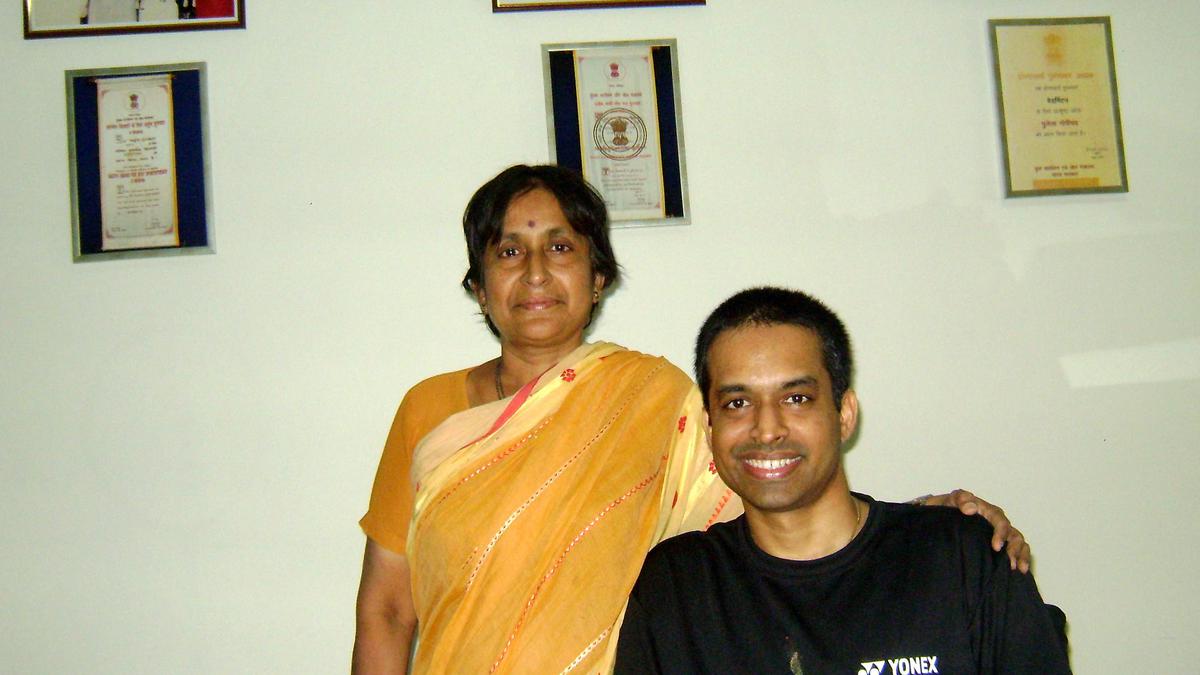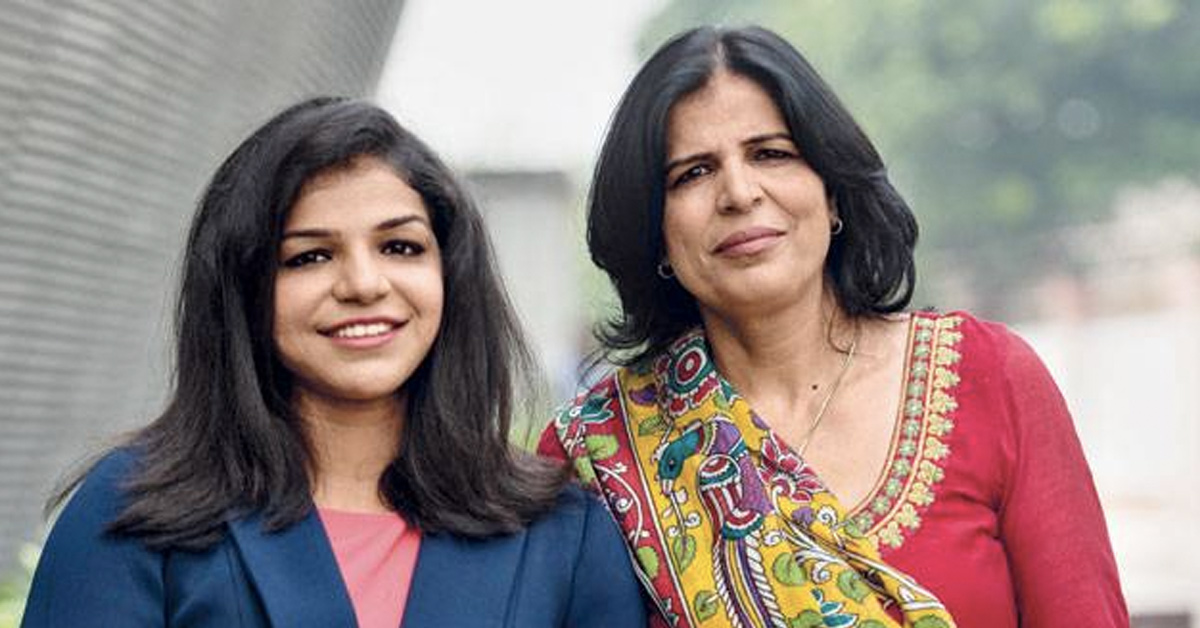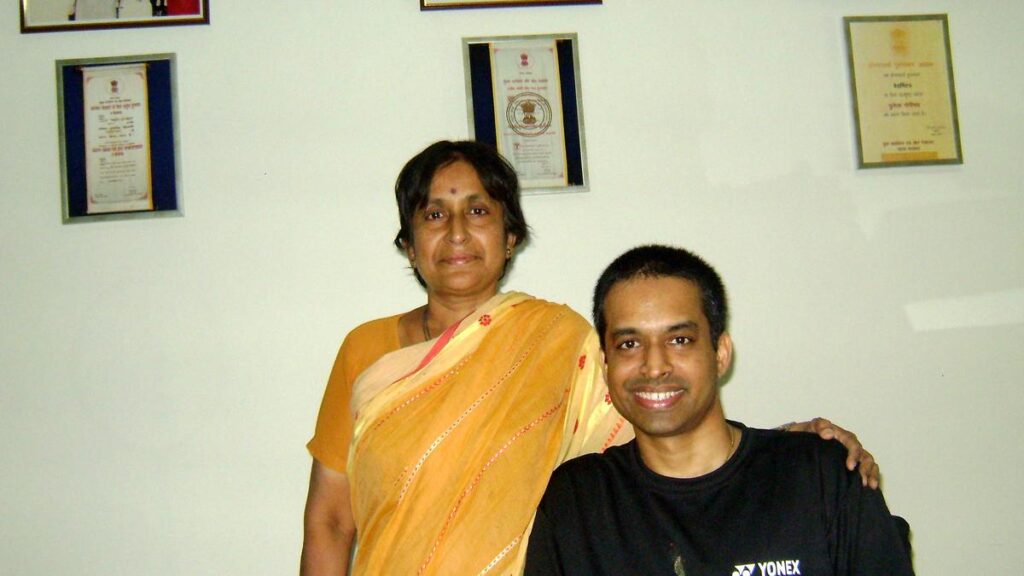
Boria Majumdar
Successful sports stories don’t happen overnight. They need to be nurtured for years for the world to see them in full bloom. For an 87.58 metre throw or a badminton academy that changes the course of the sport forever, years of effort populate the backstage. And in many of these cases, the mother, literally, is the unsung hero. On Mother’s Day, it is essential that we celebrate some of these women and their contribution to sport.
A trip to India’s medal-winning badminton factory, the Pullela Gopichand Academy in Hyderabad, can never be complete without dining with the young students and enjoying the superb food on offer. Things have not been easy for Gopi or the academy. “I had to mortgage the house to be able to build the academy,” said Gopi. “At the time in 2004-05, my mother was diagnosed with cancer and it was tough. Had she not pushed me to do things, I don’t know if all of this could happen. And she fought her way through and today runs the academy with the same discipline that she had taught me as a child.”
Devendra Jhajharia, India’s greatest Paralympian ever, lost an arm at the age of 8 when he accidentally touched an electric cable while climbing a tree. “The shock was more mental than anything else,” he said. “When I came back home from the hospital, I was depressed. For the first one month, I refused to leave my house.” It was a sense of inferiority and peer pressure that had started to weigh on the mind of young Devendra. It was only when his mother motivated him to go out and play with the neighbourhood kids that he finally started stepping out to socialise. His mother was clear: Devendra was a victim of circumstances and was in no way inferior to anyone else. She inspired him to do everything that he had done earlier. He still remains indebted to her for the early confidence she was able to instil in a confused and scared 8-year-old child.

For Sudha Devi, mother of 2016 Rio medallist Sakshi Malik, her daughter’s birth was the turning point. Sakshi was born in 1992, a few weeks after the Barcelona Olympics. ‘Lakshmi finally came to our poor home that day,’ said Sudha. While she was still in the maternity ward, she received the appointment letter for her first job as an Anganwadi worker. May be this was how she garnered the strength to let Sakshi pursue her dream of becoming a wrestler. Unafraid of societal pressure, Sudha would accompany her young twelve-year-old daughter early morning to the akhara for her wrestling classes. She went to the Chotu Ram Stadium in Rohtak where she was taken under the wing of wrestling coach Ishwar Dahiya. Sakshi would rise before dawn to make her 5.30 am training session, while Sudha would make sure her daughter had a glass of fresh almond milk waiting for her at the end of practice.




